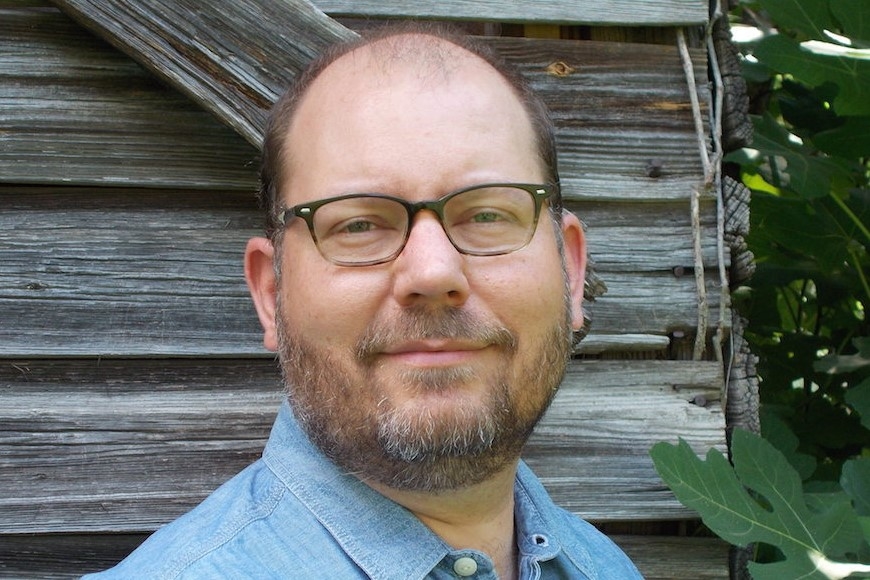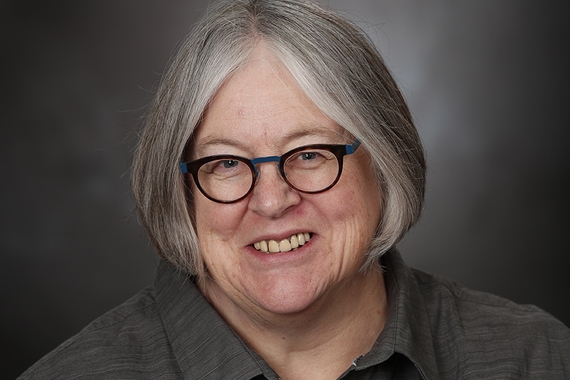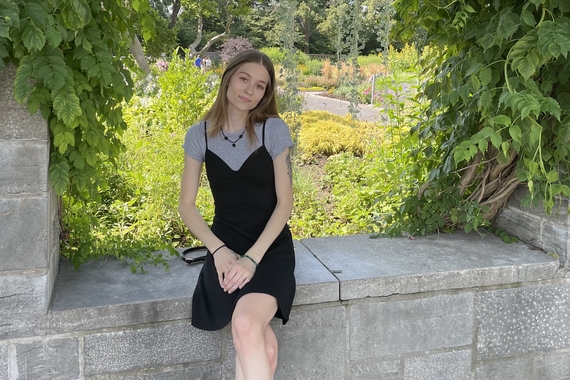Q&A with Matthew Duffus
What did your writing process look like for this book?
I began my novel right after my daughter was born. I was a stay-at-home dad, so at first, I wrote mainly during nap time. Then, we hired a babysitter to come in three afternoons per week, at which point I was able to do the stereotypical writer-in-a-coffeeshop thing. Finally, when I was really in a groove with the book, I started getting up at five each morning to work for an hour, seven days a week, 365 days a year, until it was finished.
How long did it take to write your book, and when did you know it was complete?
Due to the different writing processes I pursued, the book took about four years to finish. I spent two years going over and over the first one hundred pages, trying out different plot ideas and points of view. Once I felt that I had that section in place, I spent two years finishing the final 230 pages of the polished draft.
I would say that the book wasn’t complete until all of the editorial work was over. Each of the three drafts I went through with my publisher yielded dividends, which made the book better and better and more complete. I know from doing readings that I still have tweaks I wish I’d made, but that’s the way with any project.
How did you decide on the topic of your book?
My wife and I were walking through our neighborhood one day when we saw a young man sitting in a car on the side of the road, intently staring at the house across the street. We lived in a small neighborhood, filled with dead-ends, so it seemed odd to see someone parked like that. As a result, my brain started working on a reason for his being there. We’d just been through commencement at the university where we work, and I’d recently received several pleas for advice from recent graduates, so I imagined the young man as an alum who has come back in the hopes of receiving such advice from a former professor. Over the next four years, this young man turned into an antagonist, of sorts, while the members of the family in the house became the protagonists.
It turned out that the young man was merely a census taker looking to cross off another house on his list, but by the time I figured this out, my version had already begun to take over from that disappointing reality.
What was it like to be an MFA student at the U?
The best way for me to answer this is to start in the present. I’m an outlier in that I finished in 2005, fourteen years before my first book was published. In the past two years, I’ve prepared three manuscripts for publication (my novel, a chapbook of poems, and a forthcoming story collection), and for each one, I reached out to a former classmate for a blurb. In all cases, they responded immediately and enthusiastically. It says a great deal for the community the U’s program fosters that even after so many years, we still stick together!
I also appreciate the emphasis on working in multiple genres. In addition to my fiction courses, I took a class in memoir and one in essay writing. Each of my classes contained writers from all three genres, which enriched the experience significantly. That flexibility has allowed me to continue to write all forms of prose and to even branch out into poetry in recent years.
Finally, the U has a wonderful faculty. I was constantly engaged and challenged by all of my professors, who consistently took an interest in students outside of the classroom as well. For such a large university, I received more one-on-one attention than I thought would be possible with so many students.
What’s next?
My story collection, Dunbar’s Folly and Other Stories, was just published in October. The eight stories consider what it means to live a meaningful life in the twenty-first century from the perspective of artists, writers, and even a group living off the grid in an “intentional community.” I’m already on to project number three, a novel set in a lightly fictionalized version of the Twin Cities. I hope to finish it within the next two years or so. But I’ll have to see how the novel feels about that.
This interview was conducted by an undergraduate student in Backpack. Meet the team.



